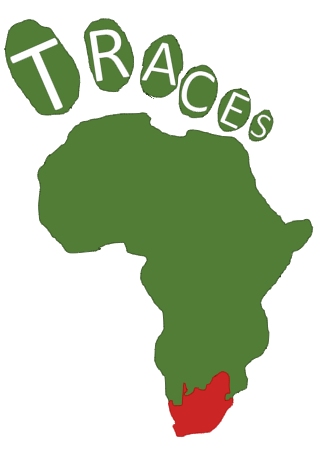TRACES
Tracing Human and Climate impacts in South Africa

The TRACES project deals with interdisciplinary investigations of the combined effects of climate change and anthropogenic impacts on aquatic and terrestrial ecosystems in eastern South Africa over the last 250 years. For this purpose, existing data sets are completed by and compared with a wide range of new information, which will be gained from marine and terrestrial sediment archives.
South Africa’s aquatic and terrestrial ecosystems are under the combined stress of climatic change and anthropogenic activities such as land-use change and industrial as well as agricultural pollution, leading to soil erosion, eutrophication of water bodies, and contaminant accumulation, which all may influence local biodiversity. A prerequisite for the sustainable use of natural resources is a detailed empirical understanding of anthropogenic and climatically conditioned transformation processes, their regional importance and impacts, as well as the future development of ecosystems. Data on ecological status and distribution of land-use and pollution impacts are needed for evaluation of threats and have to be disentangled from climatic causes. Towards this goal, TRACES will analyse the present ecological situation of three selected ecosystems in South Africa and establish high-resolution records of anthropogenic impacts for the last 250 years. Samples deposited in the pre-colonial era will be used to define natural reference conditions of the preindustrial era. Based on the contrasting economic developments of the three working areas we expect to be able to uncover significant differences of anthropogenic impacts (by urbanization, mining and/or agriculture). TRACES includes a strong capacity building component, fully integrated with the research activities and partly in cooperation with the other joint projects in SPACES. The project will foster close exchange with local stakeholders, authorities and policymakers in order to place our results within a socially relevant and applied context.
The collaborative project TRACES is embedded in the international research program SPACES (Science Partnership for the Assessment of Complex Earth System Processes). The project duration is three years (07/2018 – 06/2021). TRACES is structured in four scientific sub-projects (SP1-5) and a strong capacity building component to gain sustainable cooperation and training of young scientists. The coordination of TRACES is based at the Marum.

Ref. No. 03F0798A


